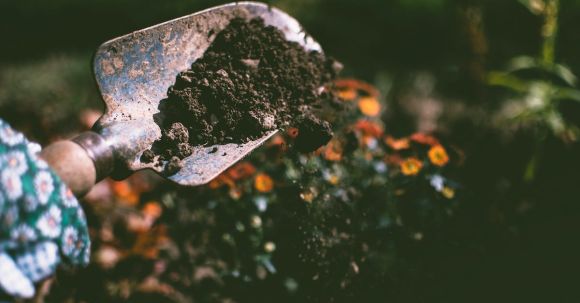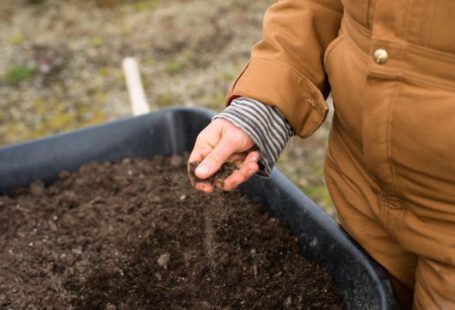Having healthy soil is essential for successful gardening and growing plants. While chemicals can provide quick fixes, they are not always the best option for long-term soil health. Fortunately, there are ways to improve your soil naturally, without the use of harmful chemicals. In this article, we will explore some effective methods to enhance your soil’s fertility and structure, resulting in healthier plants and a more sustainable garden.
1. Composting: Nature’s Miracle
Composting is a fantastic way to improve your soil without chemicals. It involves collecting and decomposing organic waste, such as kitchen scraps, yard trimmings, and leaves. The result is a nutrient-rich compost that can be added to your soil to enhance its fertility. Compost improves soil structure, retains moisture, and provides essential nutrients. Start a compost pile in your backyard and remember to turn it regularly to speed up the decomposition process.
2. Mulching: The Protective Blanket
Mulching is another natural method to improve your soil. It involves covering the soil surface with a layer of organic material, such as straw, wood chips, or grass clippings. Mulch acts as a protective blanket, preventing weed growth, conserving moisture, and regulating soil temperature. Over time, the mulch breaks down and adds organic matter to the soil, improving its structure and fertility. Apply a thick layer of mulch around your plants, leaving space around the stem to prevent rot.
3. Crop Rotation: Nature’s Balance
Crop rotation is an ancient agricultural practice that involves growing different crops in the same area over several seasons. This method helps prevent the buildup of pests and diseases, improves soil structure, and optimizes nutrient availability. By rotating crops, you can disrupt pest life cycles and reduce the need for chemical pesticides. Plan your garden layout carefully, ensuring that you rotate crops from different plant families each year.
4. Cover Cropping: The Green Manure
Cover cropping involves planting specific crops to cover and protect the soil during fallow periods or between main crops. Legumes, such as clover or vetch, fix nitrogen from the air and store it in their roots, improving soil fertility. Other cover crops, like rye or buckwheat, help suppress weeds, prevent erosion, and improve soil structure. At the end of their growth cycle, simply cut the cover crops and incorporate them into the soil as green manure.
5. Vermicomposting: Worms at Work
Vermicomposting is the process of using worms to decompose organic waste and create nutrient-rich compost. It is an efficient and environmentally friendly way to improve your soil without chemicals. Worms consume organic matter, breaking it down into nutrient-rich castings, also known as worm castings. These castings are packed with beneficial microorganisms and nutrients that improve soil fertility and structure. Start a vermicomposting bin in your home or garden, and let the worms do their magic.
In conclusion, improving your soil without chemicals is not only possible but also beneficial for your plants and the environment. By adopting natural methods, such as composting, mulching, crop rotation, cover cropping, and vermicomposting, you can enhance your soil’s fertility and structure. These methods not only provide the necessary nutrients for healthy plant growth but also promote a sustainable and thriving garden ecosystem. So, take a step towards a chemical-free garden and watch your soil and plants thrive.





